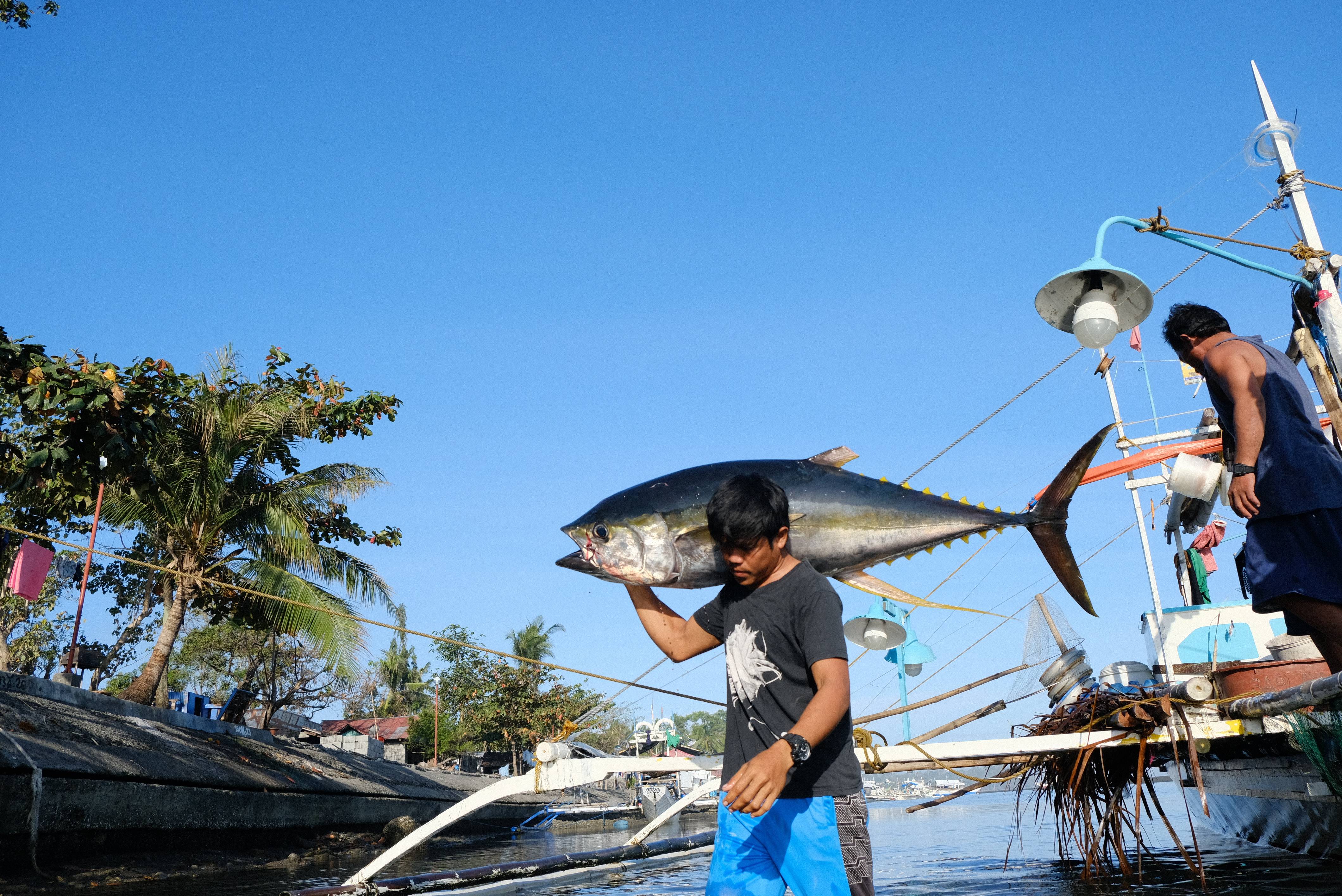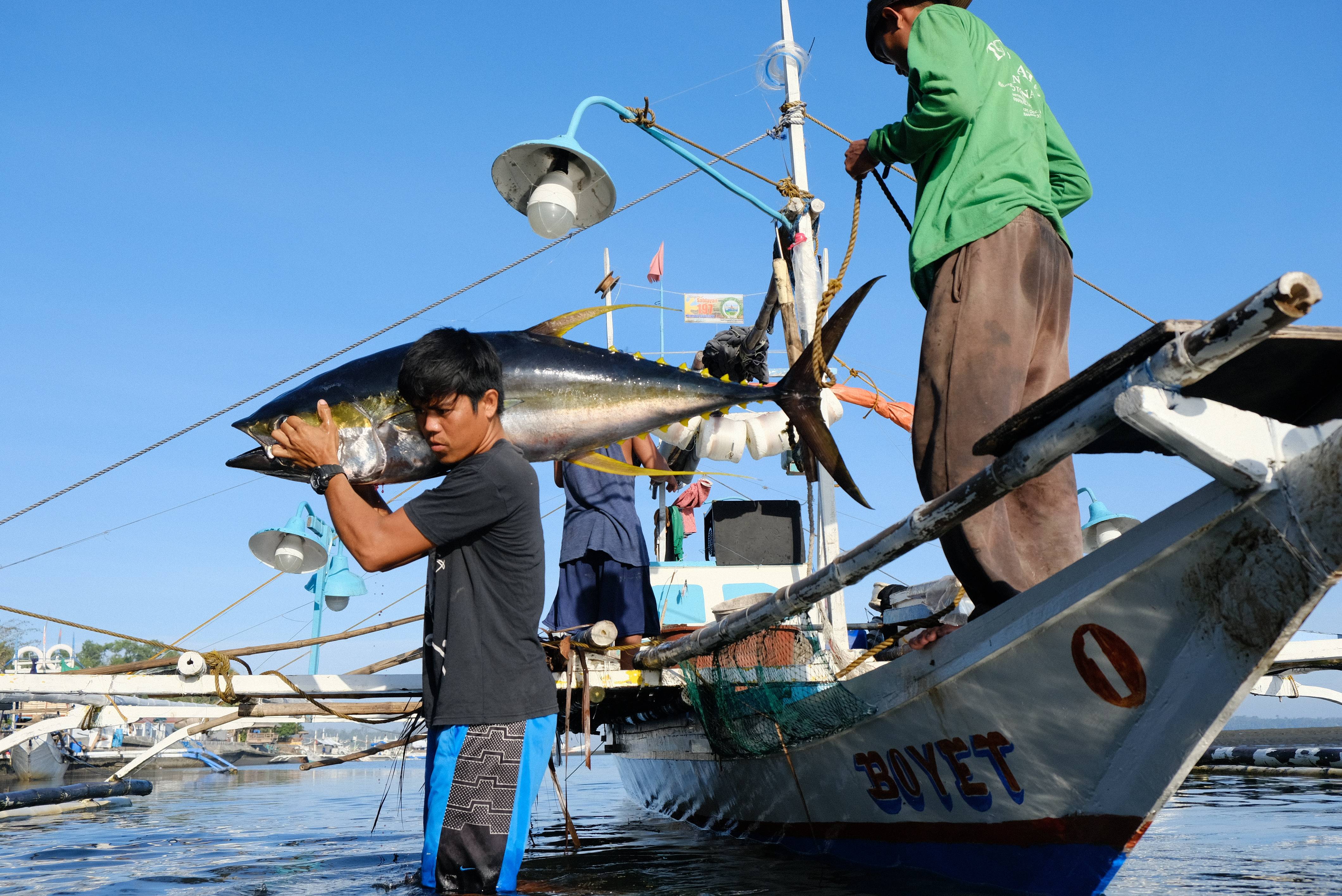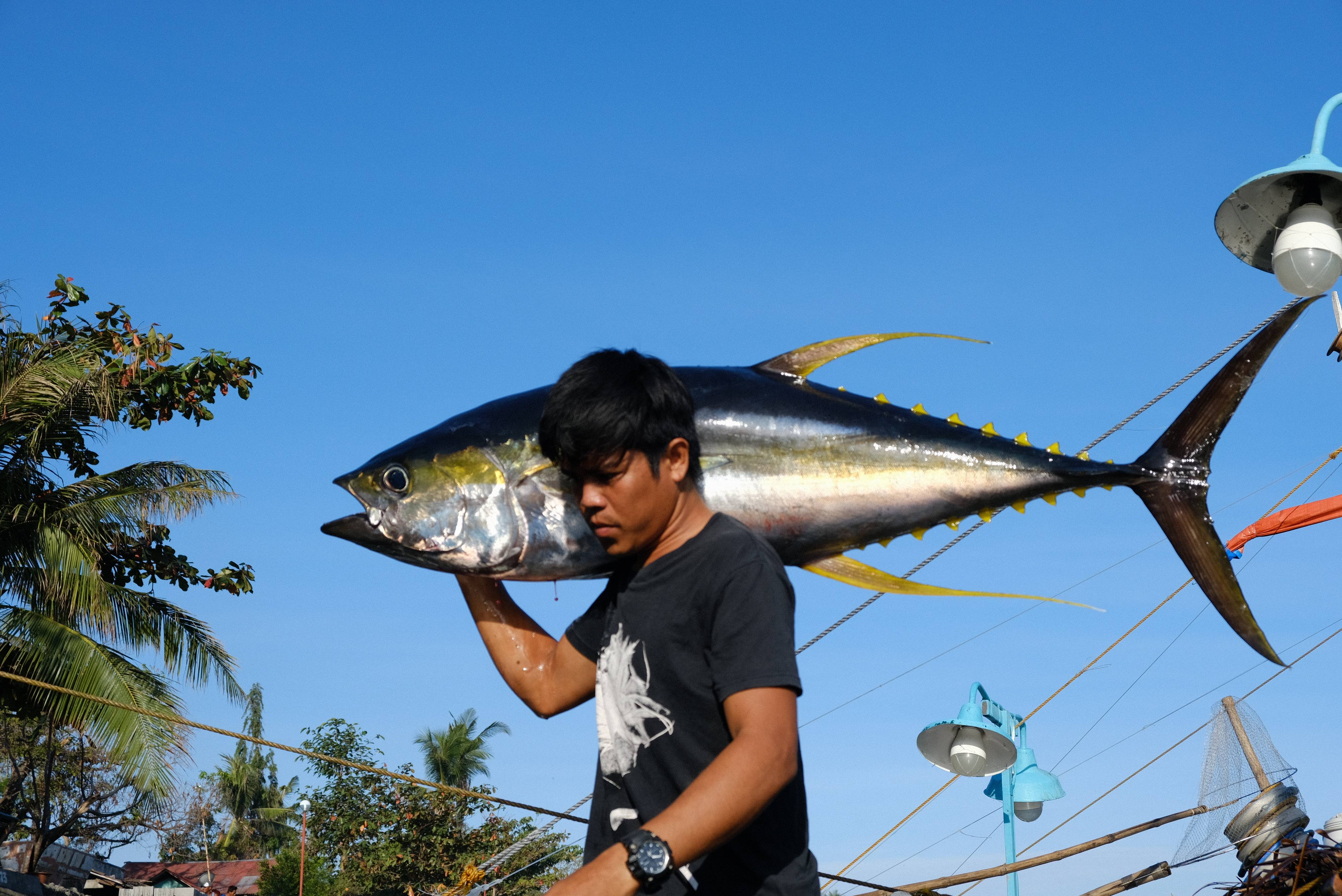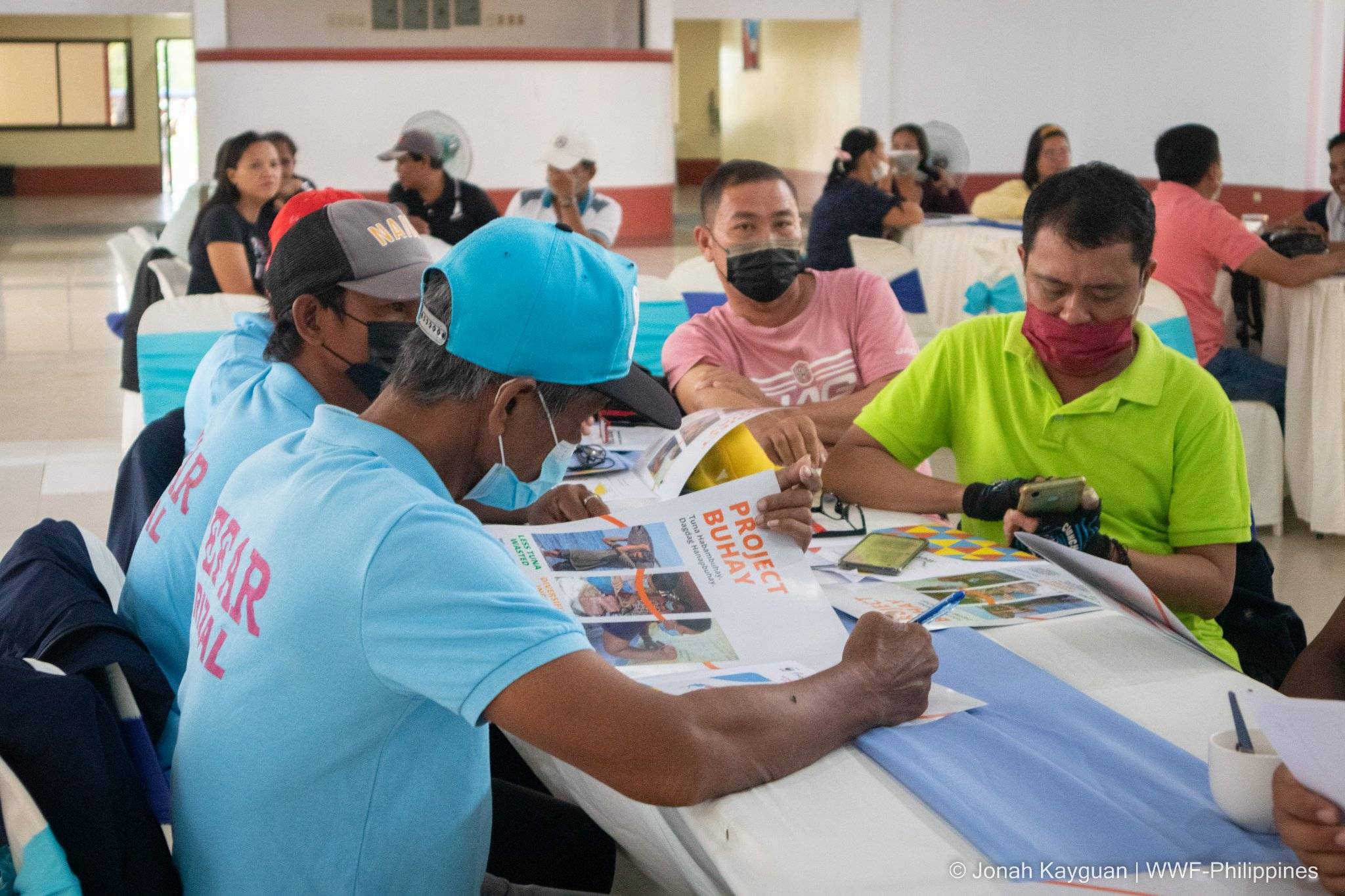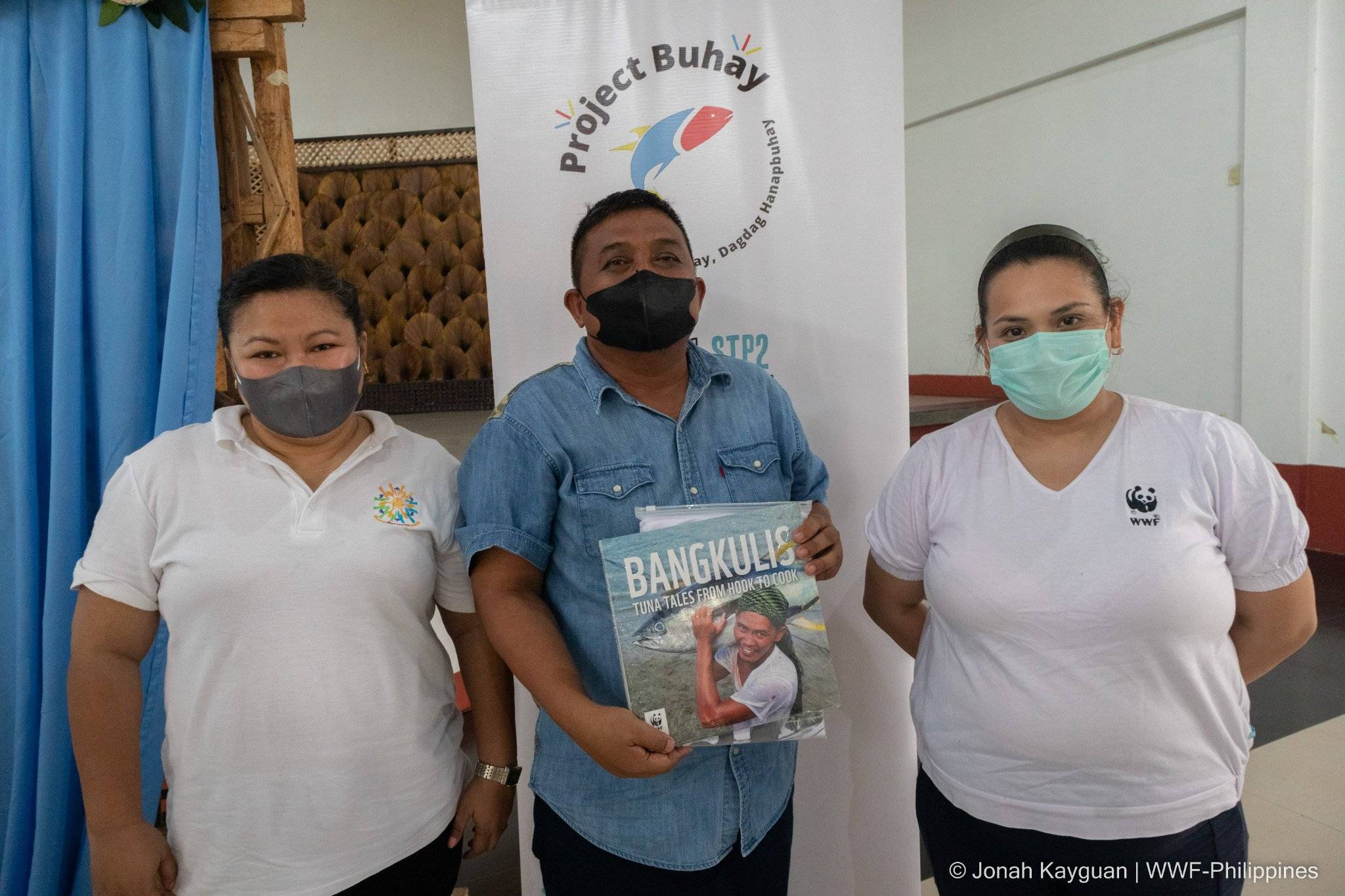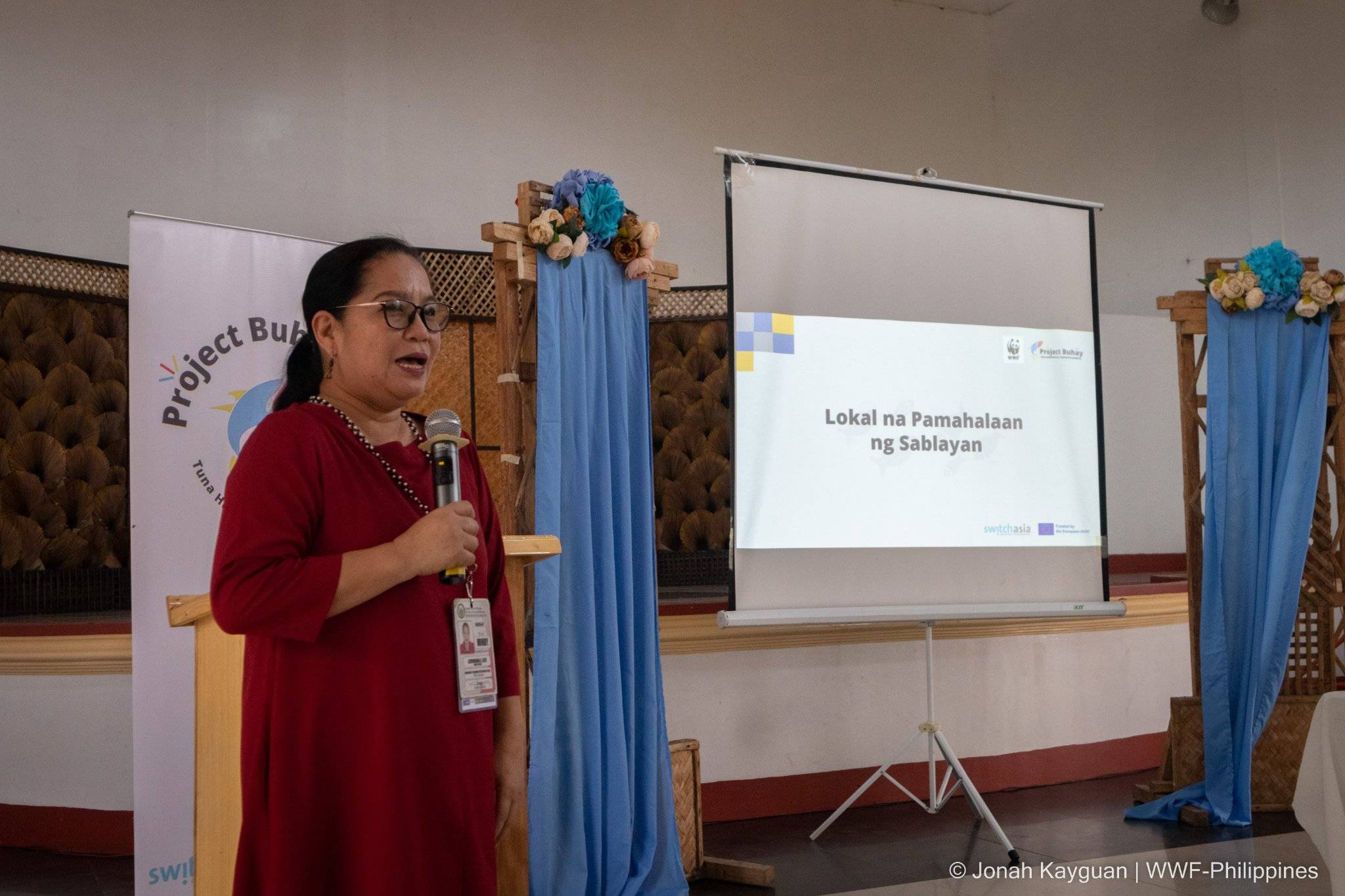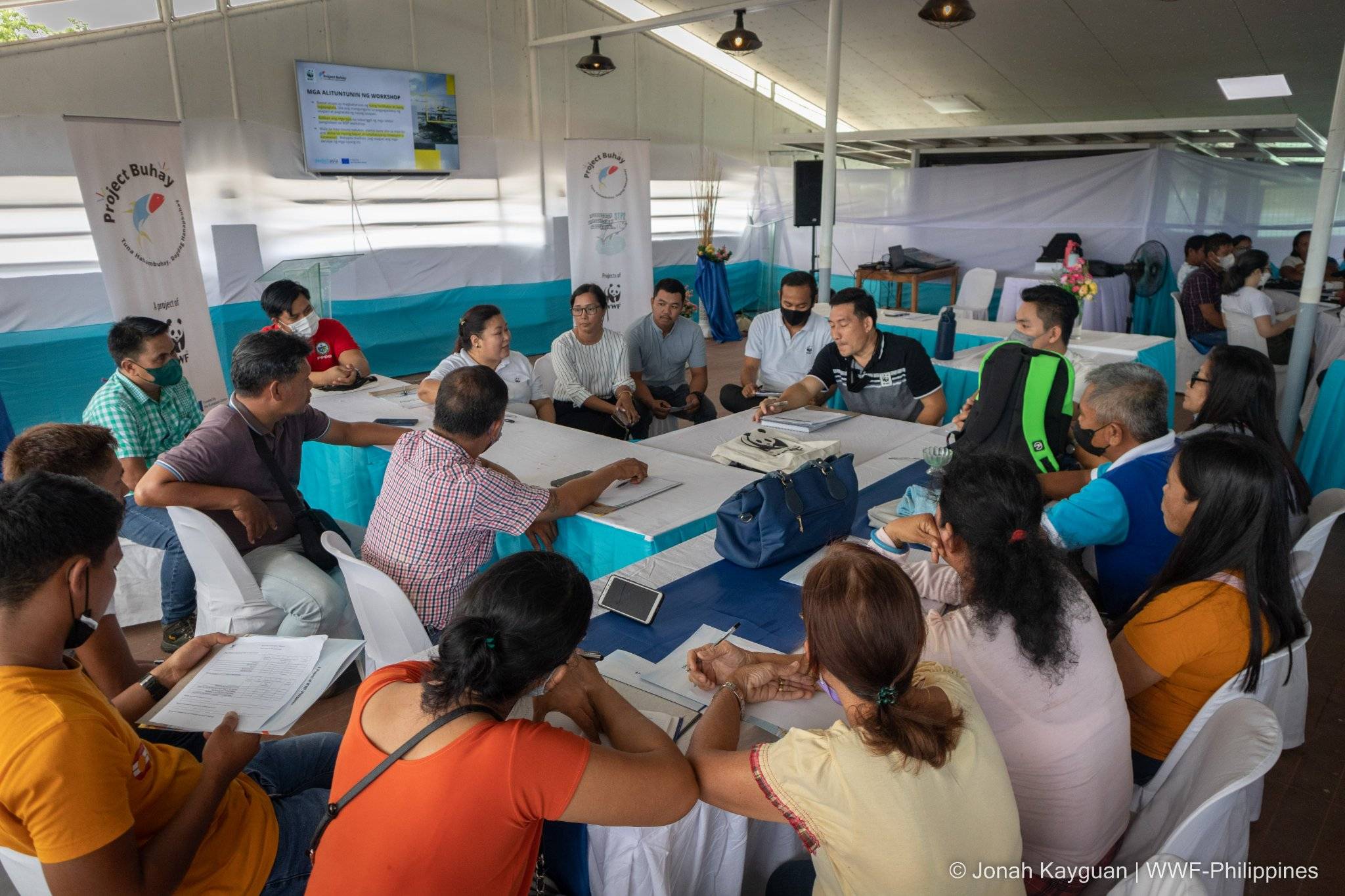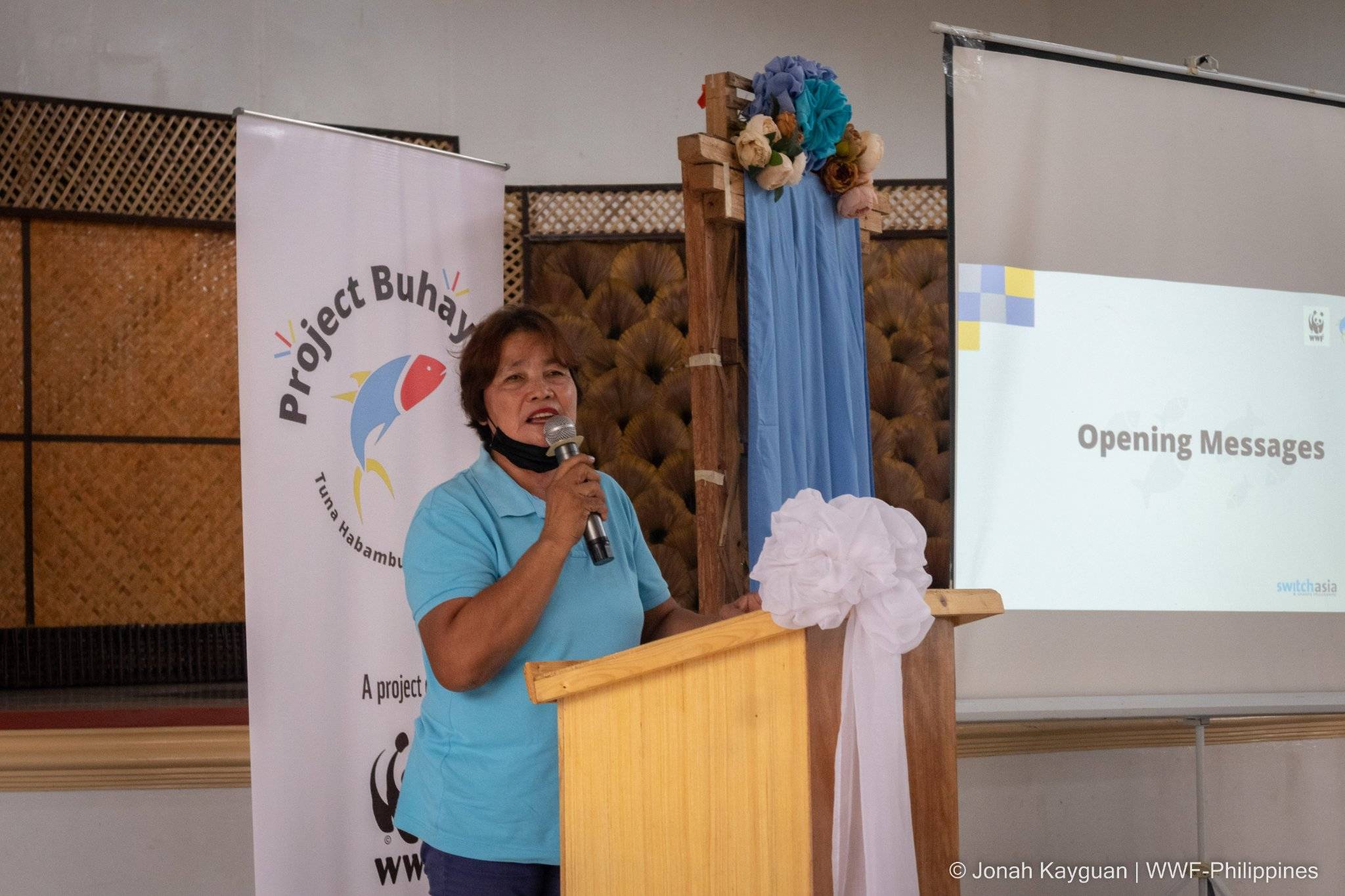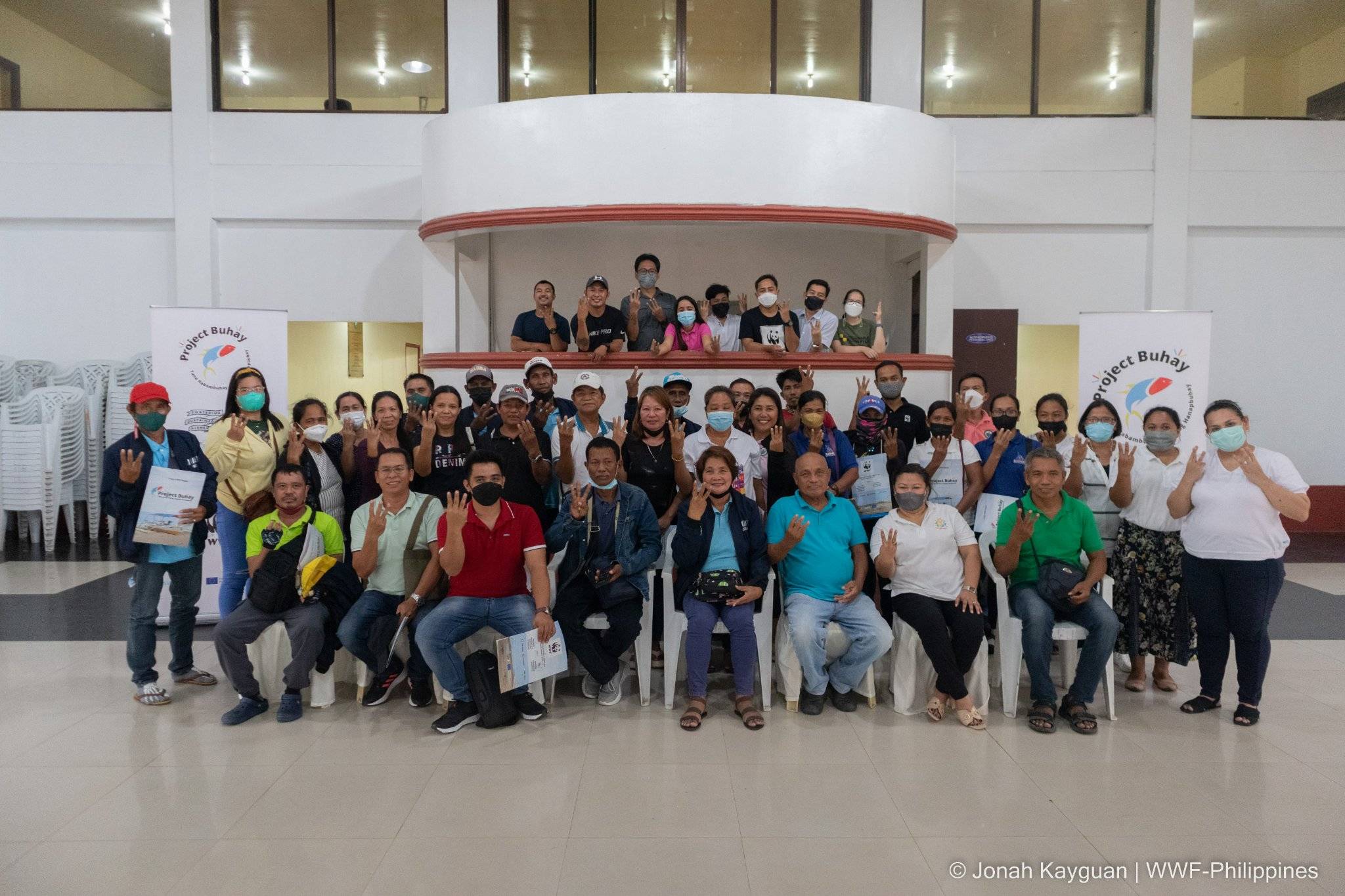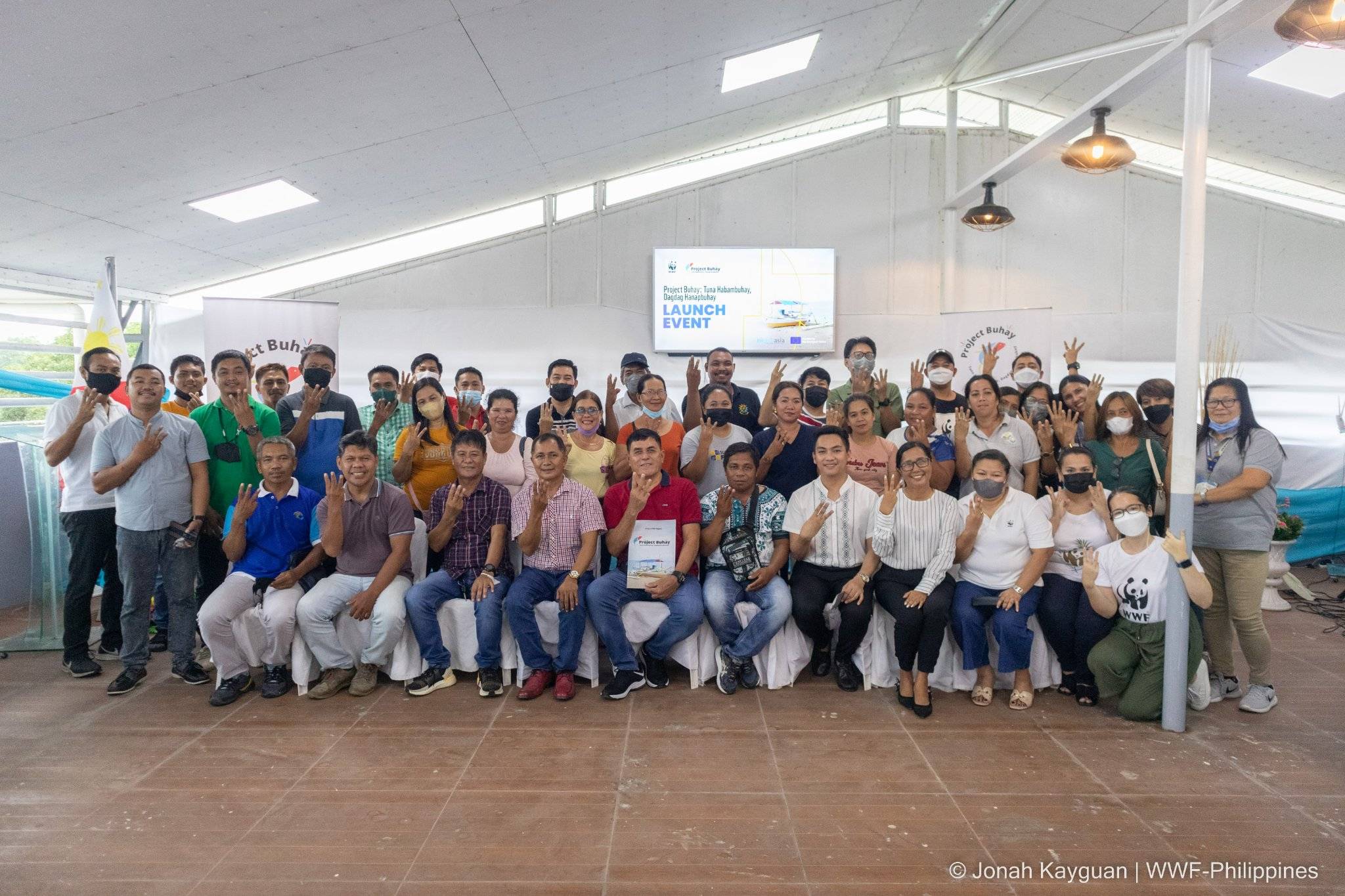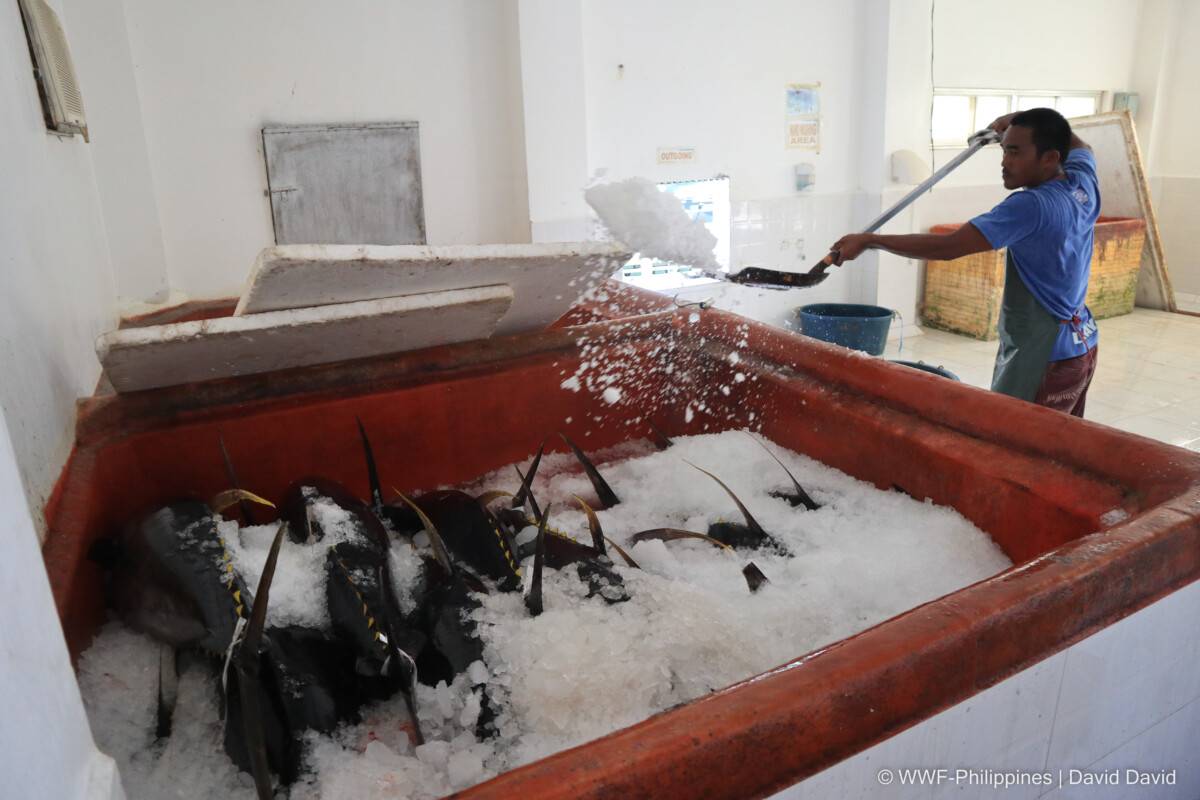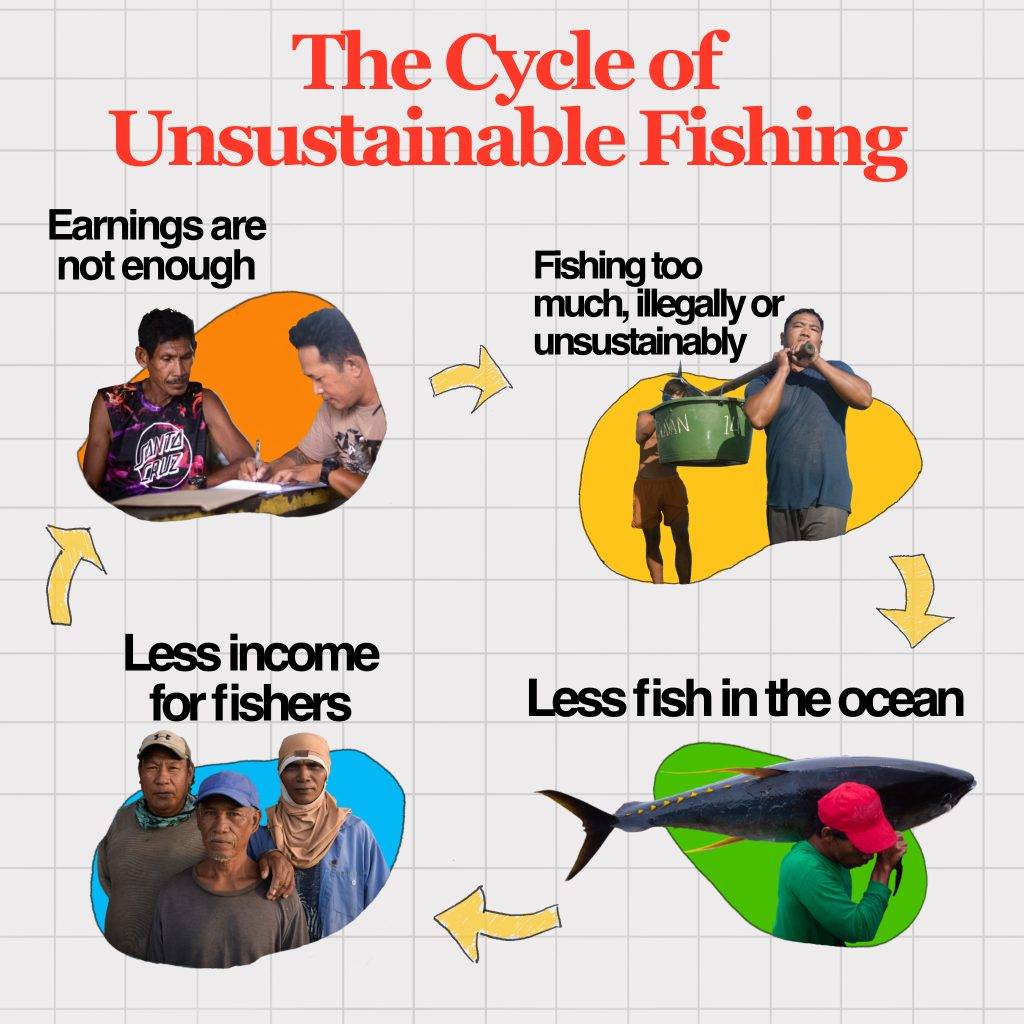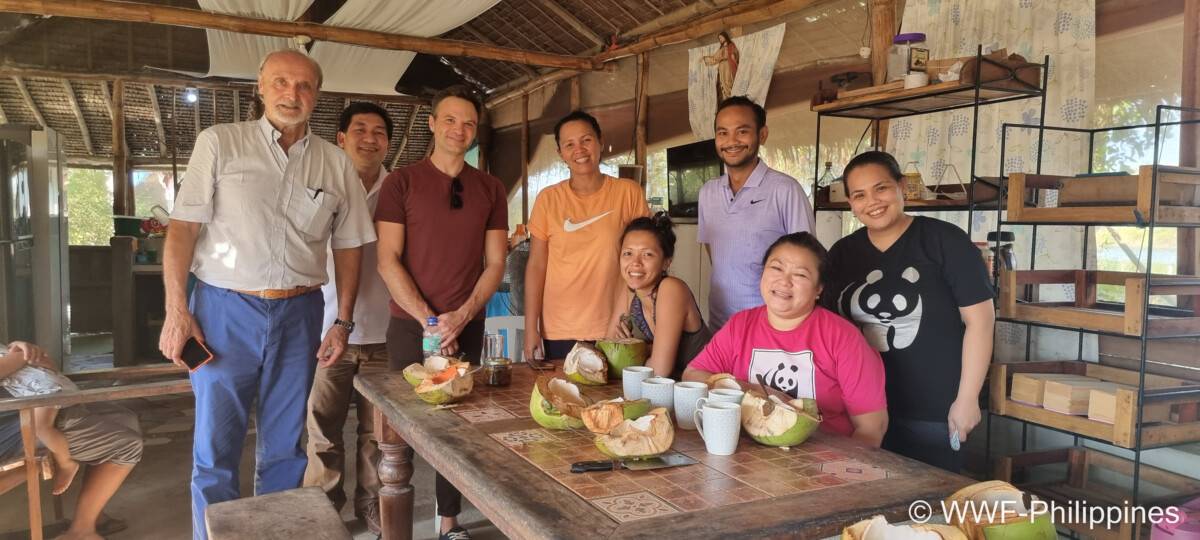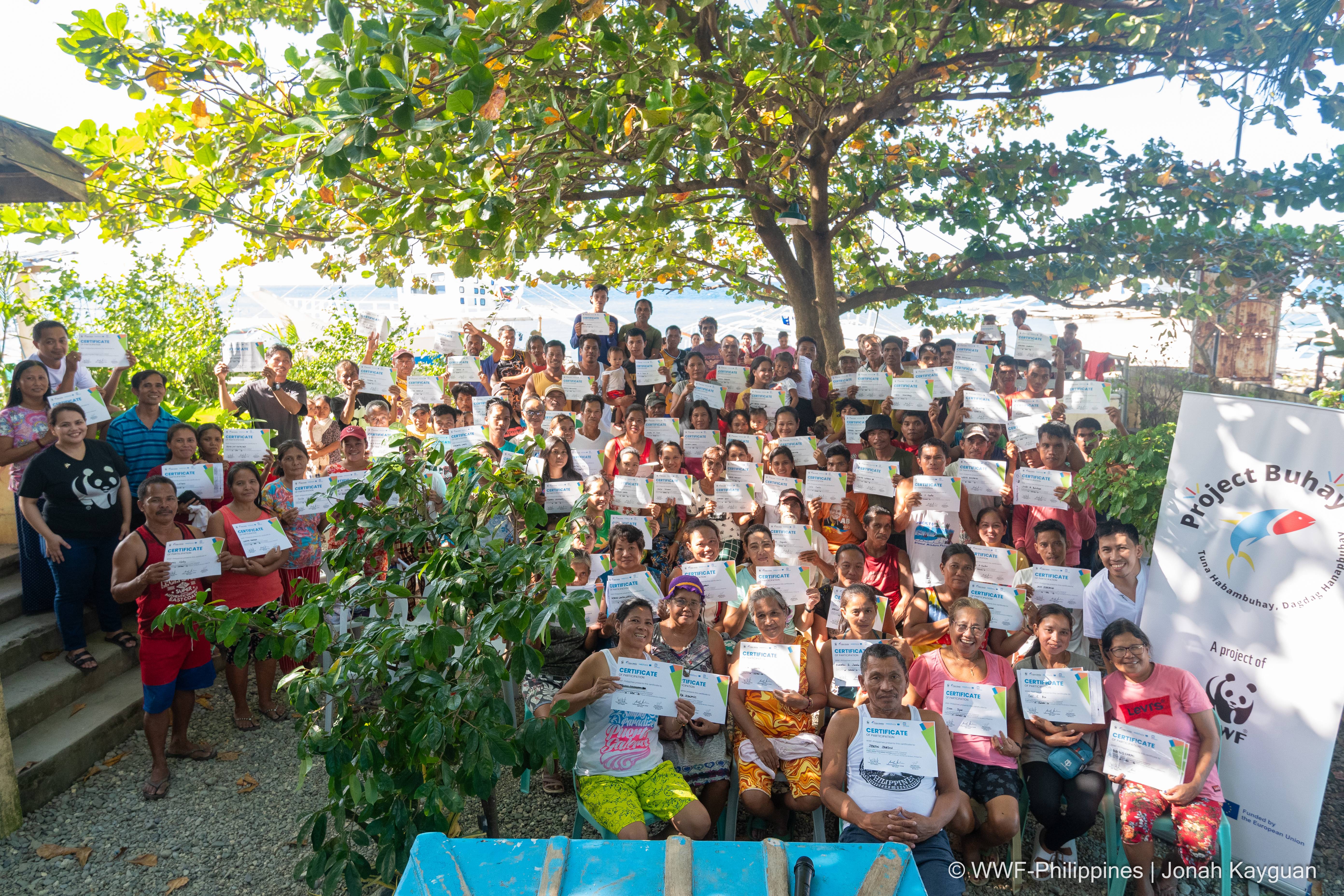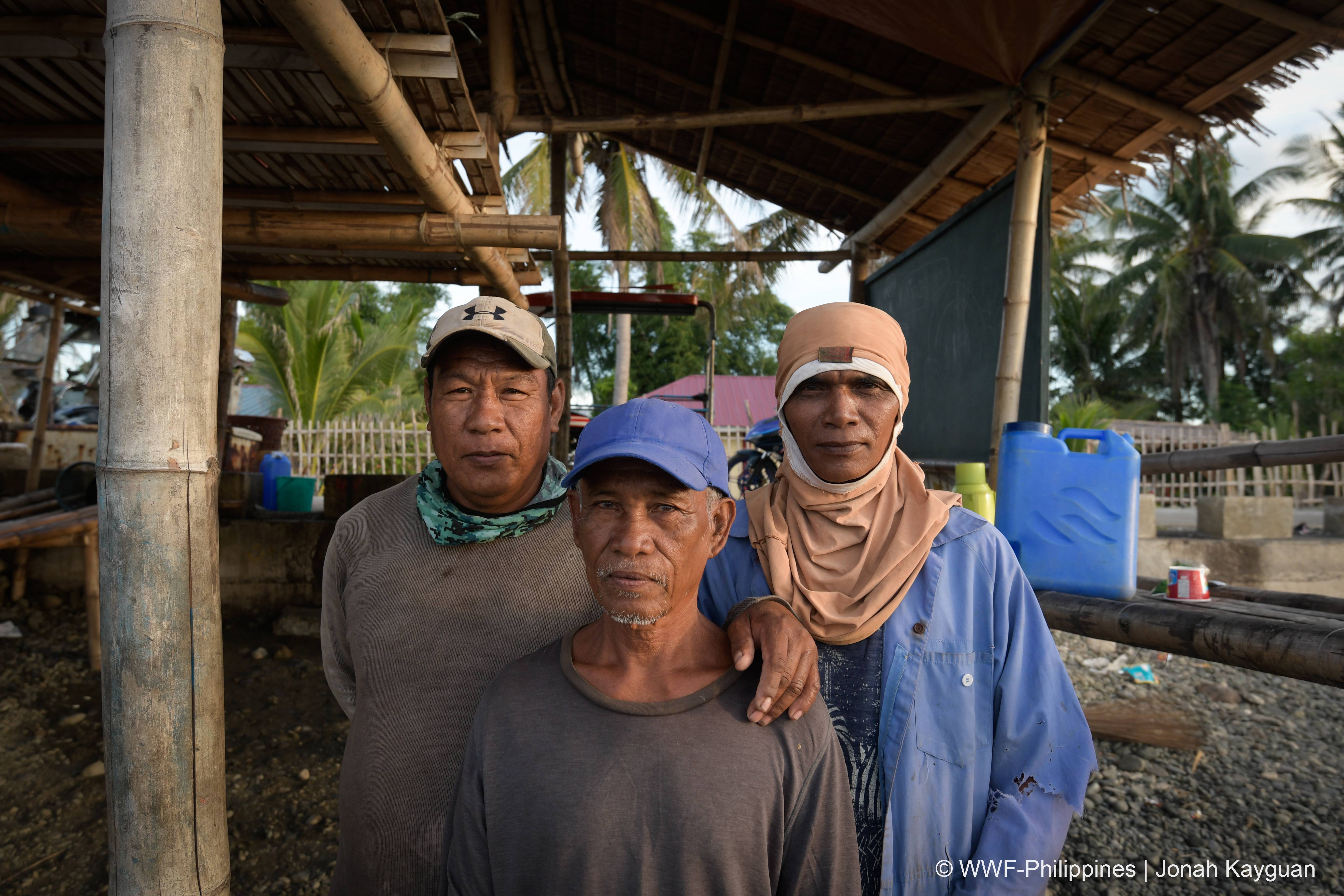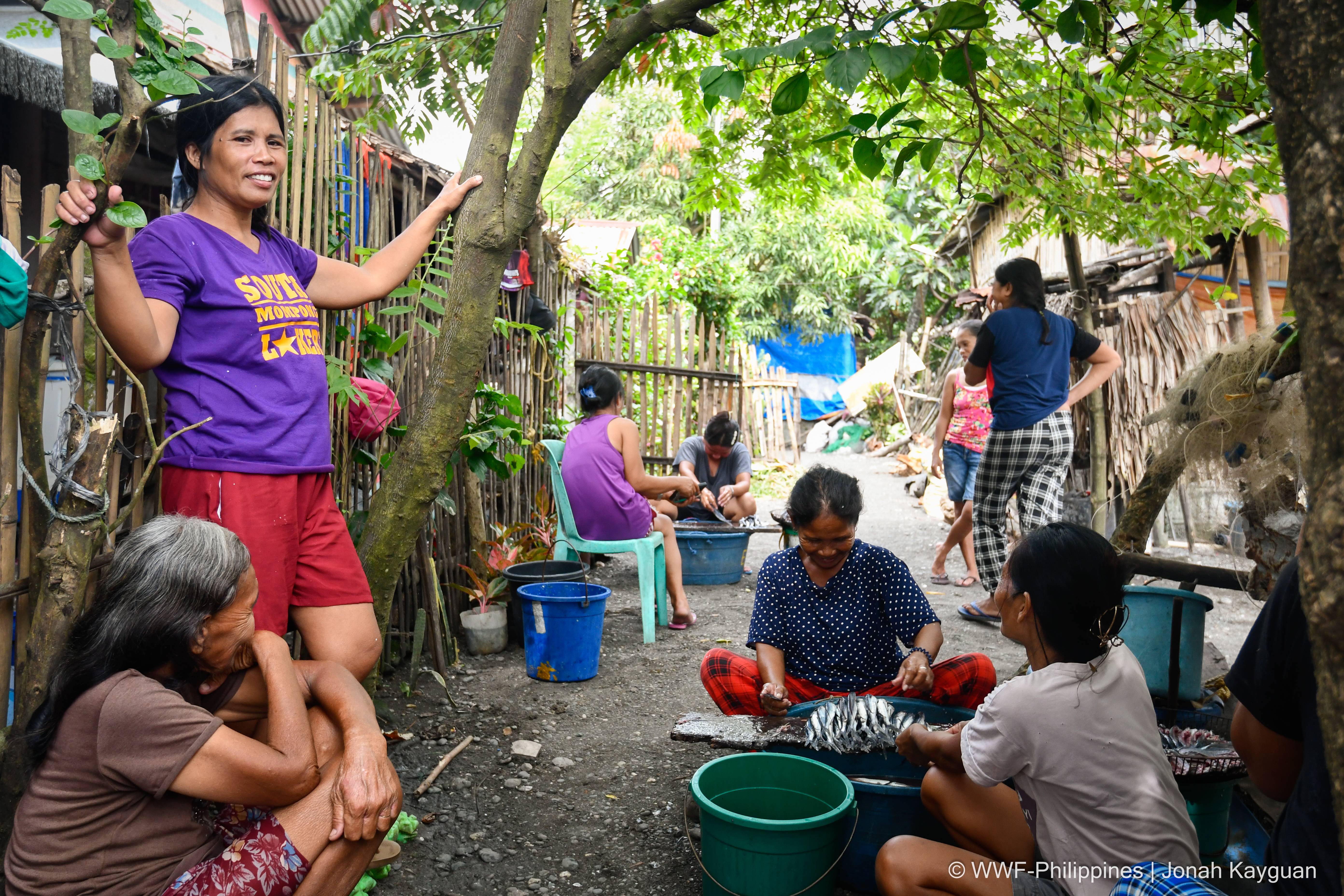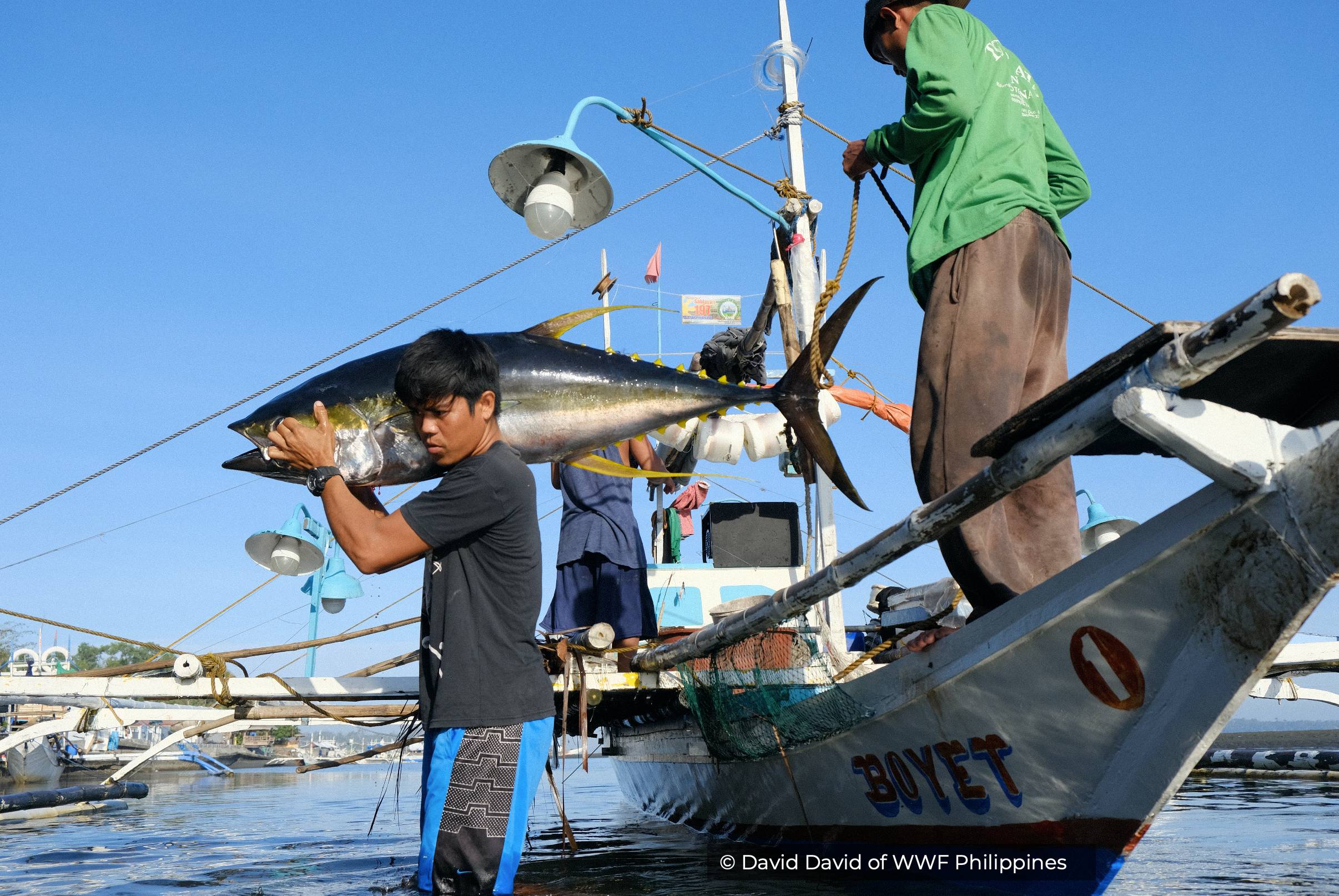
The Challenge
The Philippines is one of the largest fish producers in the world. In 2015, total fish production was estimated at 4.65 million metric tonnes, and the fisheries sector—employing an estimated 1.6 million people nationwide—contributed 1.5% of Gross Domestic Product, at almost USD 4.3 billion. Tuna is a top export commodity of the Philippines, earning approximately USD 2.31 million a year. Despite the demand for tuna, and the prevalence of fisherfolk and micro-, small-, and medium-scale enterprises (MSMEs) engaged in tuna fishing livelihoods, the fisheries sector is one of the poorest sectors in the country, with a poverty incidence rate of 21.6%. The MSME trade and exporting companies in three different industry associations face a number of challenges:
1) Competing with much larger companies, the MSMEs lack the relevant certification and food safety standards compliance to be able to compete effectively; 2) Due to lack of suitable post-harvest processing techniques and equipment, industry associations are not able to sell quality A-grade seafood, and again are unable to compete effectively; 3) Exacerbating these problems is climate change that is tangibly altering distribution of fish stocks, resilience of ecosystems and destroying important habitats for key species; 4) The COVID-19 pandemic has also taken its toll on fisherfolk who resorted to quick cash flow sales in local markets or urban areas, as result of continuous lockdowns. Small-scale handline fisherfolk could not sell their tuna to the usual export traders; 5) COVID-19 has also resulted in reverse migration, putting more pressure on in-shore fisheries for subsistence, increasing the risk of unsustainable practices; and 6) While the role of women in small- scale fisheries is crucial and dominates particularly in the post-harvest domain, their work is devalued and “invisible.”
The Objectives
Support the development of a green, low-carbon, resource-efficient economy to advance small-scale fishers and MSME trade and export companies in Occidental Mindoro. The specific objectives include:
- Increase capacity to conduct resource-efficient fishing and aquaculture operations which meet international standards;
- Reduce of post-harvest losses and equip the target groups to achieve green trade certification standards;
- Enable certification and compliance with international standards for yellowfin tuna;
- Support sustainable supply chain management for medium-scale trade and exporting companies and small-scale handline tuna fisherfolk;
- Support women working on post-harvest processing and ancillary activities;
- Develop livelihood systems that address the need for resilience and adaptability, and attracting innovative financing.
The Way Forward
- New and innovative approaches for reduction on post-harvest losses, quality improvement, and resource-efficient fisheries are developed;
- The livelihoods and supply chains of MSMEs and small-scale fishers in Occidental Mindoro are diversified and are more resilient;
- Financing mechanisms for sustainably-led investments in the small-scale fisheries and aquaculture industries in Occidental Mindoro are established in a portfolio of bankable projects;
- Best practices and learned experiences in achieving sustainable fisheries and management in Occidental Mindoro are transferred to existing local and regional knowledge platforms.
Relation to European Green Deal, Circular Economy and Climate Change
The project relates to the EU priorities by contributing to sustainable production, through technology and knowledge transfer to support such transitions. Reducing waste generation and improving current waste management practices, enabling green trade, adapting livelihoods to the challenges of climate change through locally developed solutions, such as the establishment of processing and cold chain services, and the diversification of sustainably sourced wild capture and aquaculture products. Increasing the value of sustainable fishery economies at the community level and creating opportunities for sustainable livelihoods will increase the welfare of coastal populations, securing the livelihoods of the fisherfolk and the sustainable food sources of many people around the world.
Duration:
2022-2025Total Budget:
EUR 1,562,500 (EU Contribution 80%)Lead Partners
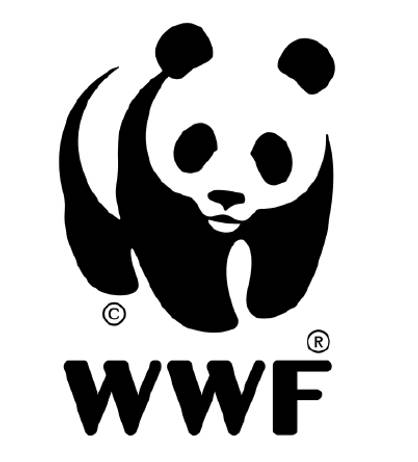
WWF Philippines
Kabang Kalikasan ng Pilipinas Foundation, Inc.

